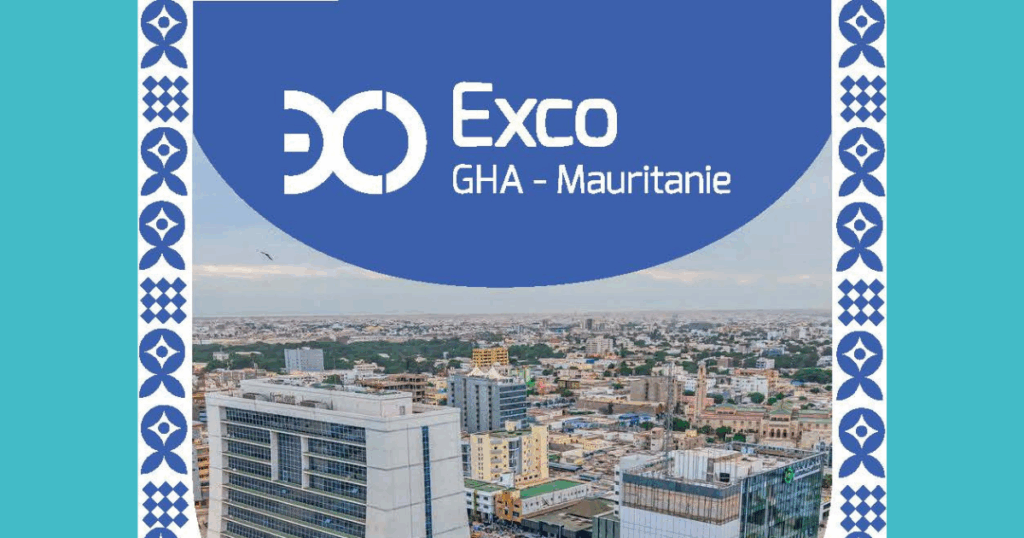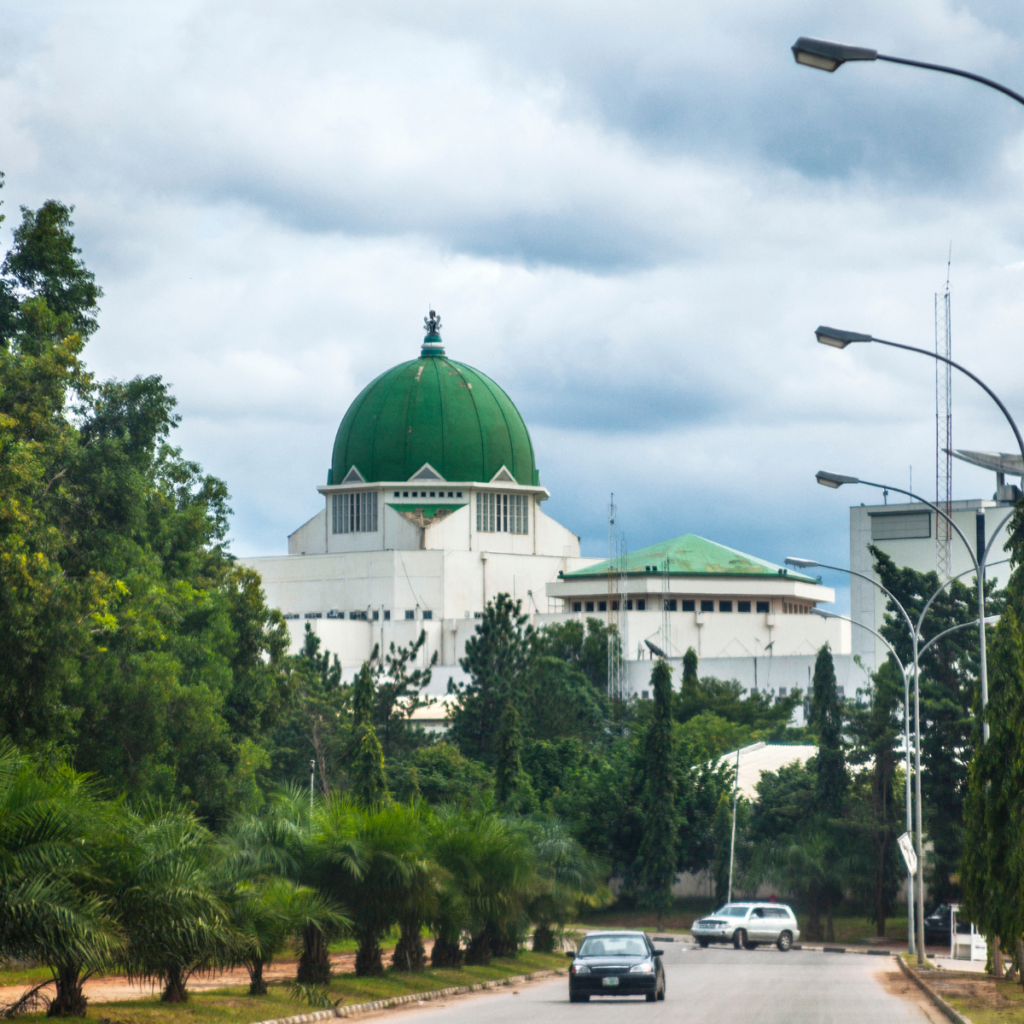Doing business in Rwanda
- How quickly can I set up a business?
- What is the minimum investment needed?
- How can I raise finance?
- What are the legal requirements for setting up my business?
- What structure should I consider?
- What advice can you give me in regards to payroll and taxation requirements?
- Is there anything else that I should know?
How quickly can I set up a business?
Maximum of 7 days
What is the minimum investment needed?
Investment is dependent on the magnitude of the project.
How can I raise finance?
This can be a mix between share capital and shareholders’ loans. The authorized share capital must be fully paid.
What are the legal requirements for setting up my business?
The following options are available;
1. Foreign company: a company incorporated outside Rwanda but that is conducting business in Rwanda. The key requirements here include; copy of evidence of registration certificate of the foreign company in the home country, constitution, and a resident authorized representative.
2. Locally registered limited liability company: This is incorporated locally in Rwanda. This set up can have non-resident shareholders but atleast one director must be resident in Rwanda. It’s also possible to register a company with only one shareholder.
3. Partnership: This is formed by one or more individuals and their liabilities is unlimited.
In all the above options, there is no restriction as to the nationality or a requirement as to any local shareholding.
What structure should I consider?
Limited liability companies are preferable as the liability is limited to capital contributed.
When setting up for international trading, it’s preferable to set up in Special Economic Zones which are set up all-over the country as there is exemption on custom duties and preferential access to VAT refund.
On company registration, there is an automatic registration to corporate income tax but VAT and Pay As You Earn (PAYE) registration will be triggered by the nature of activities.
It would also be important to register as an investor, for having an investment certificate entitles a company to the free repatriation of profits, accelerated depreciation, recruitment of a stated number of foreign staff and discounted corporation tax rates. The discounted rates will depend on the size of investment and the sector.
What advice can you give me in regards to payroll and taxation requirements?
• There is a minimum wage in Rwanda.
• There are dedicated special economic zones. These zones are mainly meant for manufacturing and industrial activities.
• Pay As You Earn is based on graduated scale with the highest being 30%.
• Corporate income tax rate is 30% but there are discounts depending on whether a company is listed, the sector of investment, global hub and size of investment.
• VAT is at 18% but exports are zero rated.
• There is monthly pension contribution where an employer contributes 5% and an employee contributes 3%.
There is also monthly maternity contribution where both an employer and an employee contributes 0.3%.
Is there anything else that I should know?
Rwanda has a history of strong economic growth, high rankings in the World Bank’s Ease of Doing Business Index, and a reputation for low corruption.
The Government of Rwanda (GOR) has taken a series of policy reforms intended to improve Rwanda’s investment climate and increase foreign direct investment (FDI).
In 2018, the GOR implemented additional reforms to decrease bureaucracy in: construction permitting; establishing electrical service; and customs processing times for exporters. The GOR also introduced online processes for certificates of origin and phytosanitary approvals.
The country presents numerous FDI opportunities, including: manufacturing; infrastructure; energy distribution and transmission; off-grid energy; agriculture and agro-processing; low cost housing; tourism; services; and information and communications technology (ICT).
The Investment Code provides equal treatment between foreigners and nationals for certain operations, free transfer of funds, and compensation against expropriation; the 2008 U.S.-Rwanda Bilateral Investment Treaty (BIT) reinforced this treatment.
Our firms in Rwanda
How can Kreston grow your business?
Select your business type:
Latest news

Invest in Mauritania
The latest guide to investing in Mauritania from Exco GHA Mauritanie, “Invest in Mauritania” in English. Learn about investment opportunities in sectors with growth potential.

Kreston Pedabo on the Africa Industrialisation Agenda
Kreston Pedabo share insight on key beneficial legislation for international businesses looking to expand into Africa.

Doing business in Africa
If you are considering doing business in Africa, Kreston Global is a top 10 ranking network in the region, with a significant presence spanning 28 countries, 27 firms and almost 1400 staff.

